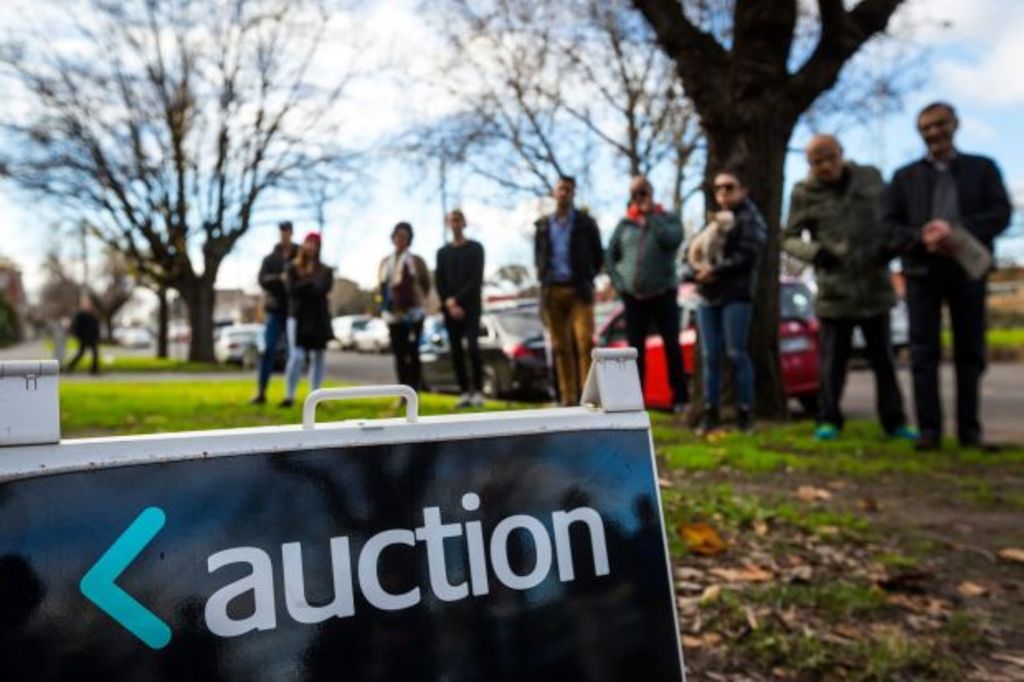How an interest rate rise will affect the property market

Speculation is rife regarding the next interest rate move by the Reserve Bank of Australia. A new day brings another analyst forecasting the outcome of 2017. Official cash rates have been falling since 2011 hitting the all-time low of 1.5 per cent. It is inevitable, sooner rather than later, rates will rise.
The biggest red flag was the pre-emptive action of certain banks hiking rates to insure against the rising cost of home lending and regulatory action. It denotes the banking sector’s prediction for the likely course of action from the RBA. Speculation aside, let us focus on the facts that will sway this decision.
Can Trump be blamed for mortgage hikes? There are a plethora of factors that influence the course of rates. The reliance of Australian banks on global capital markets to source funding comes with a weighty force.
President Trump’s election promises will see significant infrastructure spending equating to billions of government borrowing that push up yields on the long-term US Treasury bill. This vicious cycle has resulted in Australian banks forking out more to source funding on global markets. The higher cost was initially passed to investors and more recently owner-occupiers.
Indicators are pointing to a slow turnaround for the US economy. If US interest rates rise aggressively this year it will help to maintain a lower Australian dollar and competitive edge for Australian exporters. In recent years, exchange rate depreciation has assisted the transition of our economy from the mining boom.
It cannot be disregarded that if the US economy slows it could provoke the RBA to cut rates further. Strategically, many analysts expect the RBA to wait and observe US outcomes, particularly as our inflation remains low.
Irrespective of the RBA decision, many analysts believe interest rates will rise. Buyer sentiment is likely to be swayed by the 2017-18 federal budget and whether the banks continue to push rates up irrespective of the RBA’s decision.
Housing investment has been a major cause for concern activated by the low cost of borrowing. Investor activity peaked during 2014. Despite tighter lending conditions it appears to be on the rise again.
This market sector has been largely blamed for the astounding price gains in Sydney. Raising mortgage rates may put the brakes on property investment but it also makes for a harder journey to home-ownership as monthly repayments rise – although it could bring some relief to prices growth.
It is easy to become complacent after six years of falling rates. The worrying scenario is, not if, but when interest rates rise. Mortgages tend to be one of the biggest financial commitments.
The trouble with an extended period of low rates is it becomes a tempting proposition to financially overextend. Even small incremental hikes become significant for large mortgage holders.
It is this proportion of households that will struggle under higher lending rates – repaying the principal could become impossible. Instead of housing affordability issues, it will be housing stress at the top of the agenda.
Dr Nicola Power is a data scientist at Domain Group.
We recommend
We thought you might like
States
Capital Cities
Capital Cities - Rentals
Popular Areas
Allhomes
More
- © 2025, CoStar Group Inc.










